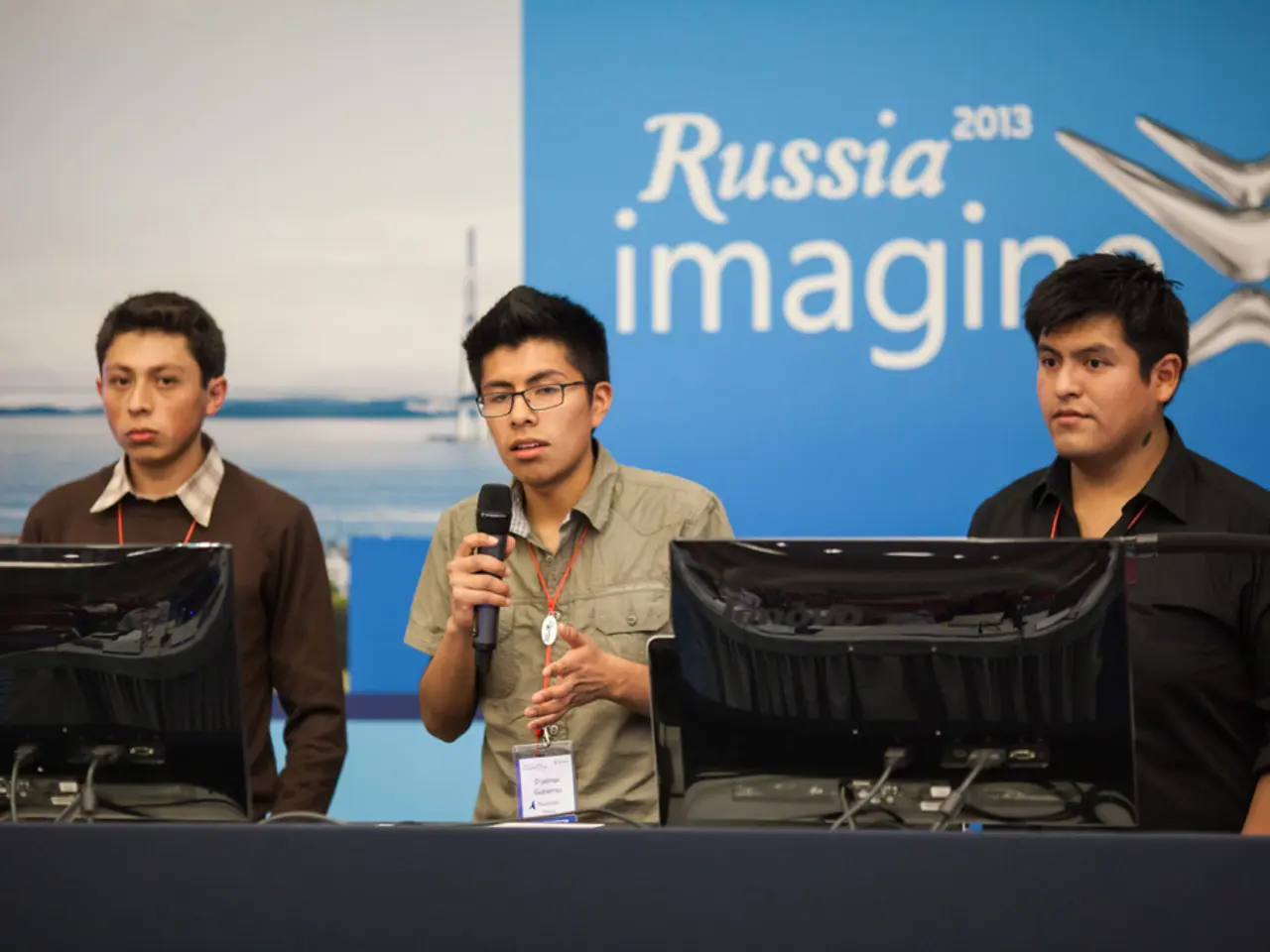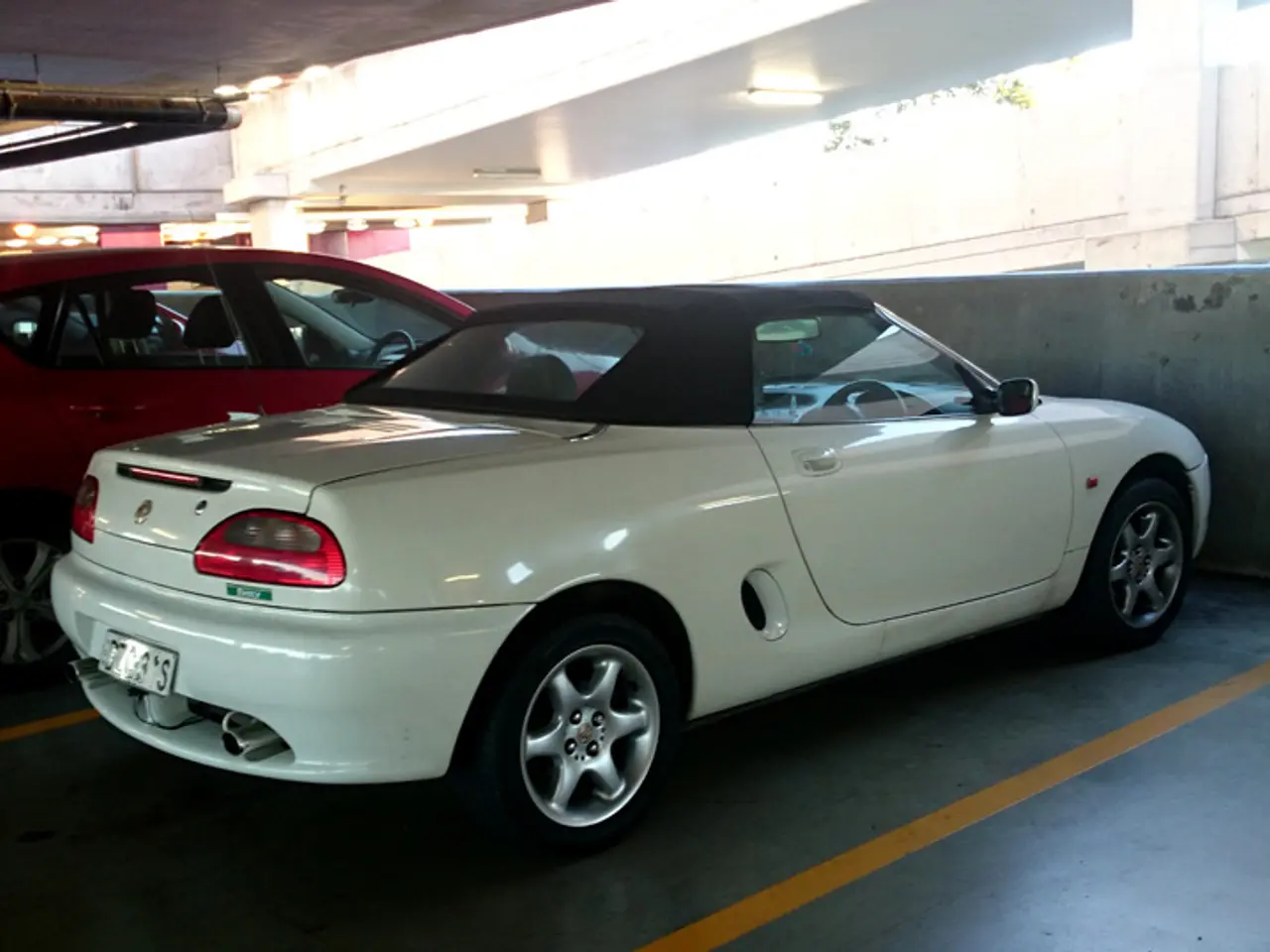Cutting Off Russian Gas: EU's Ambitious Phase-Out Plan
European Union Commission proposes legislation to prohibit imports of Russian gas - EU Commissions proposes strategy to cease gas imports from Russia
The European Union (EU) has laid out bold plans to rid itself of Russian gas by 2028, driven by energy security concerns and Russia's history of using energy as a political tool. Here's the nitty-gritty:
Timeline for Cutting Ties
- New contracts with Russia for gas, signed after June 17, 2025, will be off-limits starting January 1, 2026.
- Existing long-term contracts, inked before the aforementioned date, must be terminated by January 1, 2028.
- Services provided at EU liquefied natural gas (LNG) terminals to Russian clients will be forbidden starting January 1, 2026, with full prohibition enforced by 2028 for earlier contracts.
Behind the Ban
- The ban is part of the EU's overarching goal to eliminate all fossil fuel imports from Russia by 2028.
- The EU aims to minimize its dependence on a supplier that has previously wielded energy as a weapon.
- The ban counts on trust and reliability issues with Russia as a supplier, irrespective of Ukraine's situation.
Facing the Music
- The plan faces resistance from heavily-reliant member states, such as Hungary, Austria, and Slovakia, but the Commission vows to collaborate closely to ensure no country goes energy-less.
Finding New Supply Sources
- To make up for the phase-out, the EU is focusing on diversifying gas imports from Alternative providers, like increased LNG imports from the USA, Qatar, and other prominent exporters.
- Infrastructure improvements, such as LNG terminals and interconnections between member states, will help redistribute supplies effectively.
- The transition to renewable energy and energy efficiency measures will help permanently reduce overall gas consumption.
Global Gas Market Shake-up
- The EU's phase-out is expected to slash the demand for Russian pipeline gas, necessitating Russia to seek new markets, primarily in Asia.
- This shift will rearrange global gas trade routes, amplifying LNG trade volumes worldwide as the EU increases imports from alternative suppliers.
- The transitional period could witness price volatility, but long-term stabilization is anticipated as the EU secures diversified sources and lessens exposure to geopolitical risks associated with Russian gas.
In a nutshell, the EU's plan outlines a decisive split from Russian gas by 2028 through phased contract terminations and service restrictions, supported by efforts to diversify suppliers and bolster energy independence. This strategy is poised to reshape the European and global gas markets by readjusting demand and supply routes while aiming to bolster energy security and climate objectives simultaneously.
- EU Commission
- EU
- Russia
- UE Energy Commissioner Dan Jørgensen
- Europe
- Pipeline
- Ukraine
- Imports
- EU Parliament
- Hungary
- Germany
- Gazprom
- Securing Energy for Europe (Sefe)
[1] EU Commission Analysis on Russian Gas Phase-Out (2023)[2] EU Commission Press Release on Russian Gas Ban (2025)[3] European Parliament Analysis on Energy Security (2027)[4] Joint Analysis by EU Member States on Energy Security (2026)[5] International Energy Agency Report on European Gas Markets (2024)
- The EU Commission is pursuing an ambitious plan to phase out Russian gas by 2028, as outlined in the EU Commission Analysis on Russian Gas Phase-Out (2023).
- This policy is part of the EU's broader goal to eliminate all fossil fuel imports from Russia, including oil and coal, as mentioned in the European Parliament Analysis on Energy Security (2027).
- The EU's phase-out could have significant implications for global finance, energy, and industry sectors, especially in war-and-conflicts policy-and-legislation and politics, as Russia will likely seek new markets for its gas exports, primarily in Asia.
- In a bid to mitigate the potential impact on some EU member states, such as Hungary, Austria, and Slovakia, the EU is focusing on general-news, collaborating closely to ensure no country goes energy-less amid the transition.




